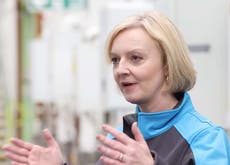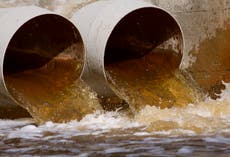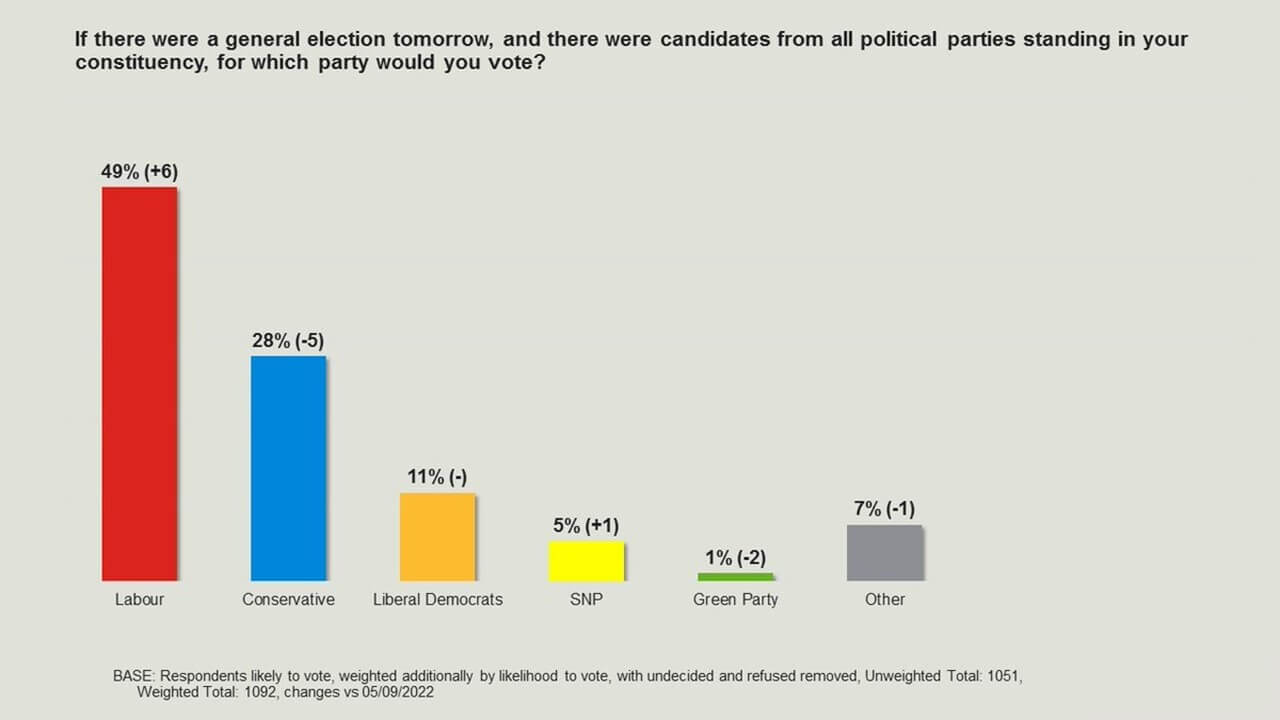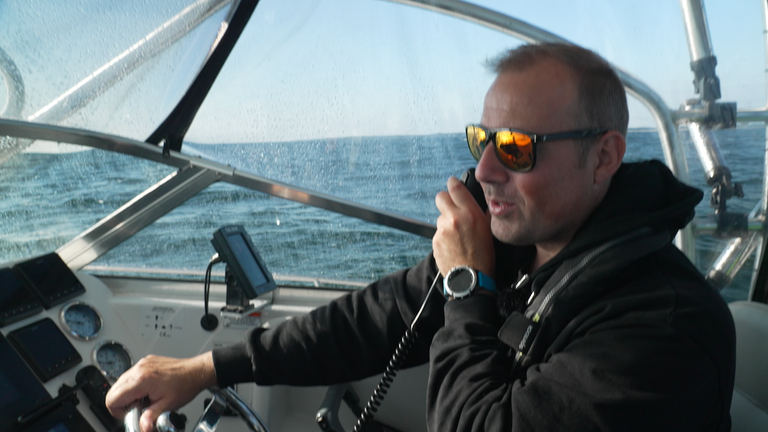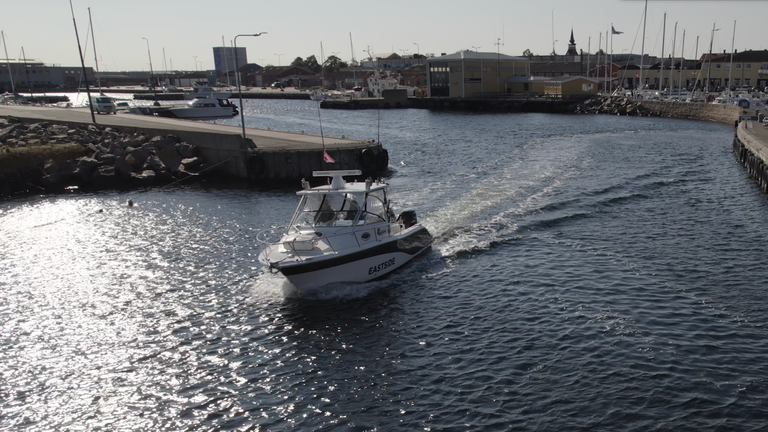Britons living in ‘fools’ paradise’ with state ‘extremely large’, says levelling up secretary
6 hours ago
Liz Truss admits to 'disruption' caused by tax-slashing mini-Budget
Liz Truss’s government is considering ways to shrink the size of the welfare state, a key cabinet ally Simon Clarke has suggested.
The levelling up secretary said ministers were looking at how to make sure “extremely large” state is aligned to a low-tax economy, as economists and unions warn of major austerity cuts ahead.
Mr Clarke said Britons and others in western Europe were living in a “fools’ paradise” in which they enjoy a “very large welfare state” despite sluggish economic productivity.
“I think it is important that we look at a state which is extremely large, and look at how we can make sure that it is in full alignment with a lower tax economy,” the cabinet minister told The Times.
Mr Clarke said: “My big concern in politics is that western Europe is just living in a fool’s paradise whereby we can be ever less productive relative to our peers, and yet still enjoy a very large welfare state and persist in thinking that the two are somehow compatible over the medium to long term. They’re not.”
Signalling spending cuts, he added: “I do think it’s very hard to cut taxes if you don’t have the commensurate profile of spending and the supply side reform … We are privileged to deal with very large budgets. My experience is that there is always something you can do to trim the fat.”
Recommended

The government is on course to make public spending cuts of almost £50bn a year after the “unenforced error” of chancellor Kwasi Kwarteng’s mini-Budget, according to the Resolution Foundation think tank.
Welsh secretary Robert Buckland signalled that major public spending cuts were on the way, as the government looks to reassure markets it can balance the books after a week of turmoil.
“We intend to be extremely rigorous when it comes to bearing down on public expenditure,” Mr Buckland told Sky News on Saturday – saying there would be announcements on spending in the weeks ahead.
The cabinet minister said the government wanted to reassure market to “will be seeking to balance the books in a sensible way” by making sure departmental spending is as “
It comes at the end of a chaotic week which saw the pound slump to an all-time low, the Bank of England forced to spend billions on government debt and Labour take an astonishing 33-point lead over the Tories.
Ms Truss has refused to commit to the annual uprating of benefits in line with inflation in April – something Rishi Sunak had promised to do when he was chancellor.
Pressed in her interview with broadcasters late on Friday, the prime minister said only that it was “something the work and pensions secretary [Chloe Smith] is looking at”.
Some Tory MPs have predicted that Ms Truss would struggle to push real-terms cuts to benefits through the Commons.
Robert Largan, Tory MP for High Peak, tweeted: “This is untenable. You cannot freeze benefits and pensions while cutting taxes for millionaires. A debt reduction plan needs to be both economically and politically sustainable to be credible.”
Some uneasy Tory rebels are also keen reverse Ms Truss’s axing of the 45p tax rate. Some backbenchers have to reportedly start talks with Labour about moves to vote it down in the Commons. “It is not all [the] usual suspects,” one figure involved told The Times.
The levelling up secretary also hinted that further radical plans for the economy announced by Mr Kwarteng in late November could include changes to the green belt.
“The fact the green belt is larger today than it was when Margaret Thatcher came to power is an extraordinary state of affairs,” said Mr Clarke.
The minister added: “We need to look at a planning system where we make sensible adjustments which don’t threaten communities and most fundamentally are about going with popular consent, and actually creating incentives that allow local areas to back growth.”
Recommended
Lord Turnbull, former permanent secretary at the Treasury, accused the Ms Truss and Mr Kwarteng of undermining the Bank of England, the OBR and the Treasury.
“The government’s continuing refusal yesterday to fill the information gap indicates it has still not understood what lies behind the issue,” he wrote in The Times.
